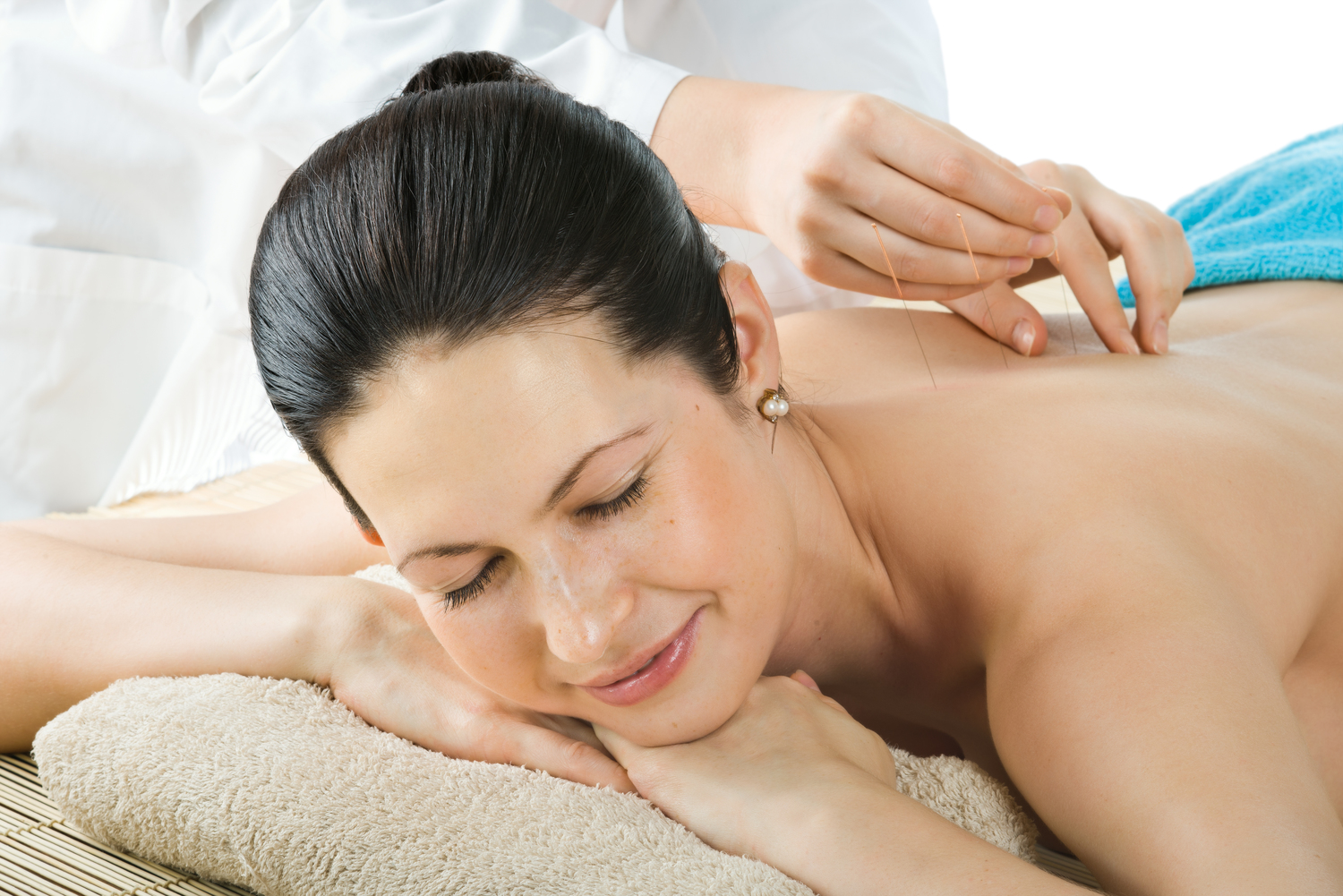Effective Natural Strategies to Alleviate Overactive Bladder Symptoms
Discover comprehensive natural methods to manage overactive bladder symptoms effectively. This guide covers dietary tips, lifestyle changes, and exercises to improve bladder health naturally. Learn how to reduce urgency, frequency, and leakage with safe, holistic approaches that enhance your quality of life.

Comprehensive Natural Approaches for Managing Overactive Bladder
Overactive bladder (OAB) is a common urinary condition marked by a sudden, uncontrollable urge to urinate frequently throughout the day and night. This condition not only causes discomfort but can also significantly impact daily living, relationships, and overall quality of life. According to statistics from the Urology Care Foundation, nearly 33 million people across the country are affected by this often misunderstood and undertreated condition. Fortunately, there are numerous natural strategies that can help individuals effectively manage and reduce their symptoms without relying solely on medications or invasive procedures.
Understanding the Causes and Symptoms of Overactive Bladder
Overactive bladder stems from a complex interplay of various factors and underlying health issues. Common causes include neurological conditions such as Parkinson's disease and multiple sclerosis, metabolic disorders like diabetes, and structural issues related to the kidneys or bladder itself. It can also be triggered by physical events such as childbirth, surgeries, or certain medications that influence bladder function.
In some cases, however, no definitive cause is identified, making management more challenging. The primary symptoms of OAB encompass increased urgency to urinate, frequent urination—often exceeding eight times per day—and episodes of involuntary urine leakage. These symptoms tend to worsen with age but can affect individuals at any stage of life, contributing to emotional distress, social anxiety, and sleep disturbances.
Early diagnosis and intervention are crucial for better management of OAB. It is essential to recognize symptoms early to implement effective, non-invasive treatment options. Lifestyle transformations and dietary modifications often serve as the first line of defense, providing a safe and natural approach to symptom control.
One of the foundational steps is to avoid foods and beverages that irritate the bladder lining. Such irritants include artificial sweeteners, high sugar content, citrus fruits, carbonated drinks, alcohol, spicy foods, and caffeine—the latter being one of the most common triggers for bladder urgency. Conversely, incorporating certain foods that may help increase bladder capacity and reduce irritation can be beneficial. For example, spicy foods rich in capsaicin, such as chili peppers, have been shown to temporarily desensitize bladder nerves and may decrease urgency symptoms.
Other natural remedies focus on enhancing bladder health through diet. Pumpkin seeds are rich in omega-3 fatty acids, antioxidants, and nutrients that support urinary tract health, potentially reducing OAB symptoms. Similarly, soy extracts and plant-based estrogens have demonstrated positive effects in lowering urinary urgency and frequency, especially in postmenopausal women. Drinking adequate amounts of plain water or barley water helps dilute urine and lessen irritation. Choosing low-acid fruits like apples and pears minimizes acid reflux and bladder irritation, while caffeine-free herbal teas, such as chamomile or ginger tea, offer soothing options that do not aggravate symptoms.
In addition to dietary changes, regular physical activity plays a vital role in managing OAB. Pelvic floor exercises, specifically Kegel exercises, help strengthen the pelvic muscles, improving bladder control and reducing involuntary contractions. It’s essential to set a schedule for doing these exercises consistently to achieve optimal results. Managing fluid intake by drinking sufficient water throughout the day—without overdoing it—is crucial, as concentrated urine can irritate the bladder. Limiting fluid consumption before bedtime reduces nocturia, ensuring better sleep quality.
Stress management and maintaining a healthy weight are other natural strategies that can improve OAB symptoms. Excess weight increases pressure on the bladder, worsening symptoms, while stress can exacerbate symptoms through nervous system activation. Techniques such as meditation, yoga, or deep breathing exercises can help manage stress levels effectively.
By adopting and maintaining these natural strategies, individuals can gain better control over their overactive bladder symptoms. Consistency in healthy habits, combined with a balanced lifestyle that includes proper diet, hydration, physical activity, and stress management, can make a significant difference in managing this condition. It’s always recommended to consult with healthcare professionals to develop a personalized plan that complements these natural approaches, ensuring safe and effective symptom relief. Ultimately, a proactive approach centered around natural methods can greatly improve quality of life for those affected by OAB, fostering comfort, confidence, and overall well-being.





